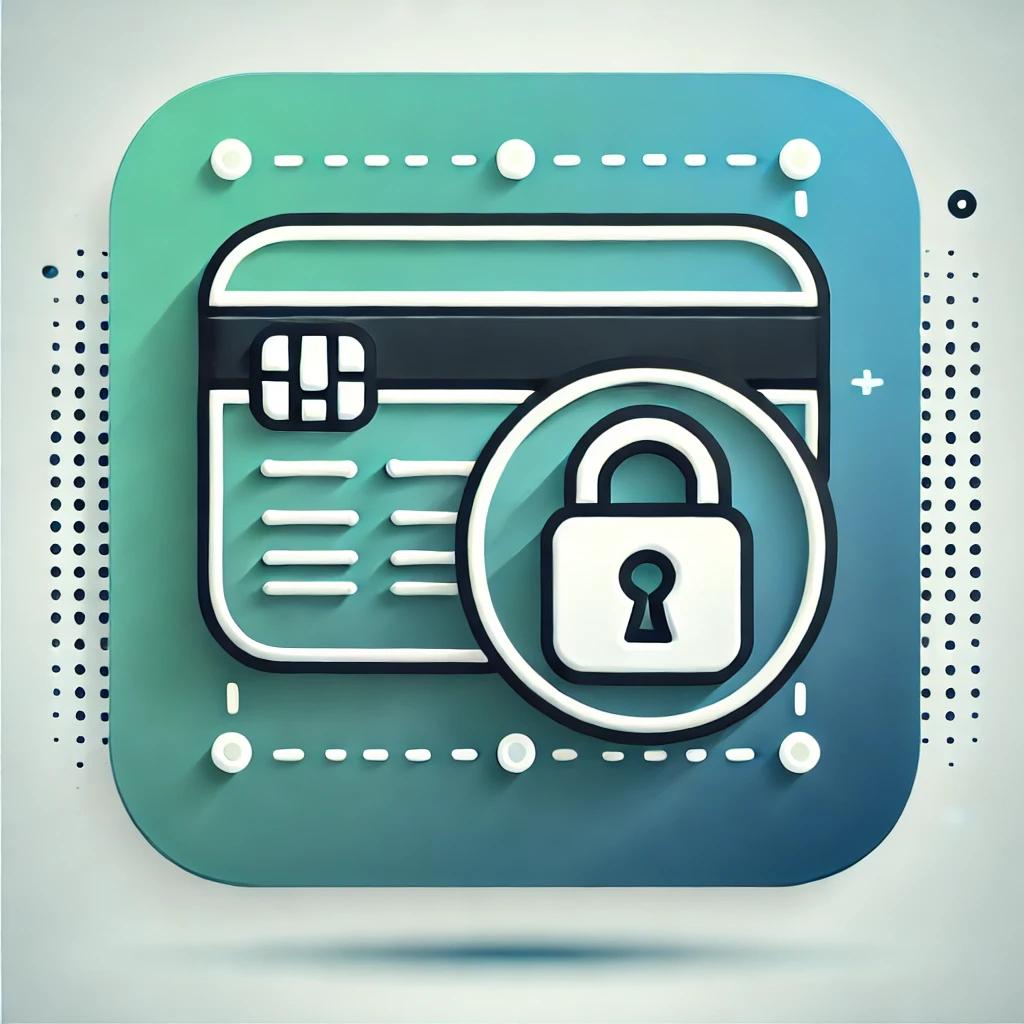When it comes to choosing between a debit card and a credit card, there’s a lot of debate. Some people claim credit cards are the ultimate tool for building credit and earning rewards, while others argue debit cards are better for budgeting and avoiding debt. The truth is, if you’re mindful of cybersecurity and fraud, using a debit card can be a perfectly fine (and even smart) choice. Here’s why.
1. Debit Cards Have Protections Too
You might have heard that credit cards offer more protection than debit cards, but that’s not entirely true. Debit cards come with many of the same protections as credit cards, especially if they have a Visa or Mastercard logo. However, there are a few differences to be aware of:
- Fraud Reporting Timeline: With a debit card, you need to report fraud quickly. By law, you have up to 60 days to report unauthorized transactions, but the sooner you notice and act, the better. Many banks offer zero-liability policies, meaning you won’t lose money if you report fraud promptly.
- Immediate Funds: Since debit cards pull money directly from your checking account, any fraudulent transaction could tie up your cash until the issue is resolved. This makes it essential to monitor your account regularly.
2. Be Smart About Where You Use Your Debit Card
To minimize your risk of fraud, avoid swiping or inserting your debit card in places where it’s more likely to be compromised. Here’s how you can stay safe:
- Stick to Trusted ATMs: Only use ATMs owned by your bank or credit union. Third-party ATMs are more likely to have skimmers that steal your card information.
- Tap to Pay or Mobile Wallets: Whenever possible, use tap-to-pay features or a mobile wallet like Apple Pay or Google Pay. These methods are more secure because they don’t expose your actual card number during the transaction.
- Avoid Sketchy Terminals: If a payment terminal looks tampered with or outdated, don’t risk it. Fraudsters often target these machines.
3. Check Your Account Regularly
One of the best ways to protect yourself when using a debit card is to keep an eye on your account. Set a reminder to review your transactions at least once a week. Many banks and credit unions also offer alerts for suspicious activity, so be sure to turn those on.
If you notice anything unusual, report it immediately. Acting quickly will help you minimize any potential losses and ensure your bank resolves the issue faster.
4. Strategies to Reduce Risk with Multiple Accounts
A great way to reduce risk when using a debit card is to set up multiple checking accounts with specific purposes:
- Bill-Paying Account: Have one checking account dedicated solely to paying bills. Do not attach a debit card to this account, or if a debit card exists, deactivate it. This ensures that your bill-paying account is not exposed to everyday transactions.
- Spending Account: Open a second checking account specifically for debit card use. Transfer money into this account as needed for everyday spending. This setup limits the potential damage if your debit card is compromised and reduces the number of accounts you need to monitor for fraud.
- Emergency Savings Account: Keep a separate high-yield savings account for your emergency fund. This account should not have a debit card attached to it. By keeping your emergency savings separate and inaccessible via debit card, you’ll add another layer of security to your finances.
By using these strategies, you’ll create a financial system that is more secure and easier to manage, giving you peace of mind.
5. Budgeting Made Easy
One of the biggest perks of using a debit card is how it simplifies budgeting. Since you’re spending money you already have, there’s no risk of racking up debt or paying interest. This is especially helpful if you’re working toward financial freedom and want to stick to a prepaid lifestyle.
By using only the money in your account, you’re forced to live within your means. You’ll avoid impulse spending and can focus on saving for your financial goals, whether it’s building an emergency fund, paying off debt, or investing in your future.
6. Don’t Let Fear Stop You
There’s a lot of fear, uncertainty, and doubt (FUD) surrounding debit cards. Some of it is valid, but much of it is exaggerated. With a little care and common sense, you can safely use a debit card without falling victim to fraud or losing money. Here’s a quick recap of what to do:
- Use tap-to-pay or mobile wallets whenever possible.
- Stick to ATMs from your bank or credit union.
- Regularly check your account for unauthorized transactions.
- Report any fraud immediately.
By following these tips, you can enjoy the benefits of using a debit card while staying secure. Plus, you’ll have an easier time managing your finances and sticking to your budget—a key step on the path to financial freedom.
Final Thoughts
Using a debit card isn’t just fine; it’s a great choice for anyone focused on budgeting and living debt-free. Don’t let the noise convince you otherwise. By staying vigilant and using your card wisely, you can take control of your spending, protect your money, and move closer to achieving your financial goals. So go ahead and swipe (or tap) with confidence!
If you love finding ways to save money and want more tips on achieving financial independence, join our mailing list! We share simple, actionable advice to help you live debt-free, save smarter, and enjoy life without financial stress. Sign up today and take the next step toward a better financial future!
